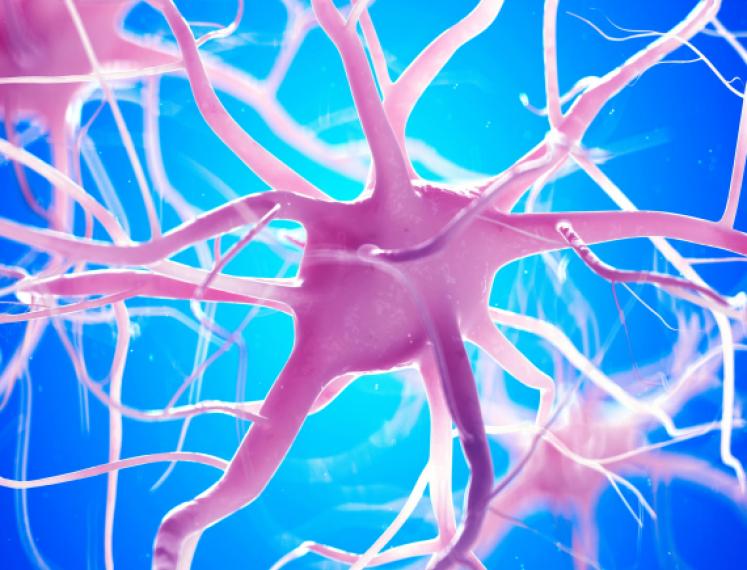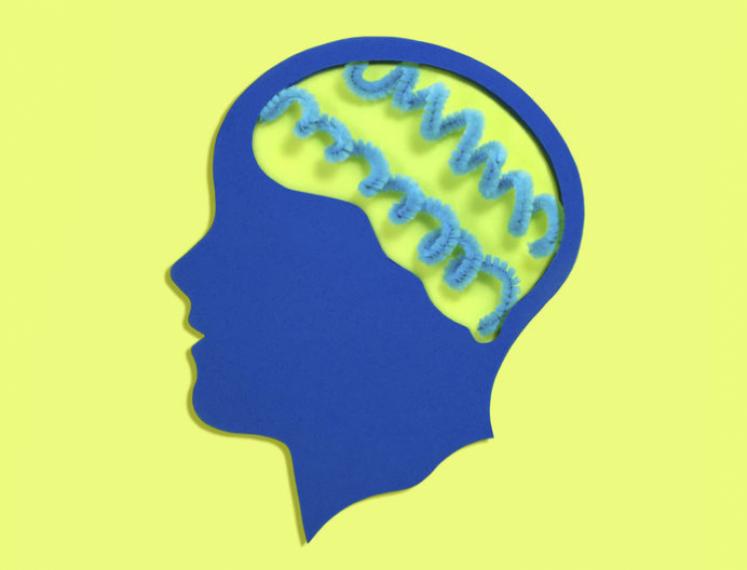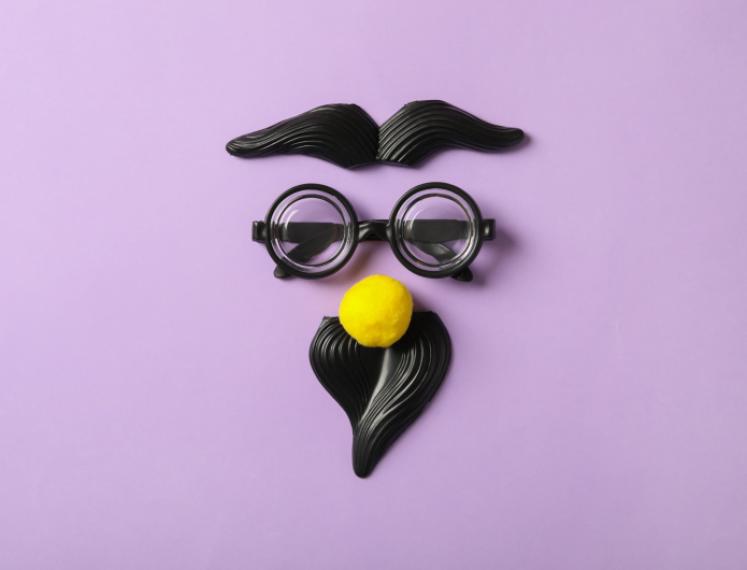Academy Building
Broerstraat 5
Groningen
Nederland
The Code of Consciousness
When you wake up from a deep sleep in the morning, you immediately notice: you are in a world, with your body in the middle of it. You're back with a vengeance. That is consciousness. But how does consciousness relate to our brain? Do these two somehow form a unity? Who are we actually? Although science has made considerable progress in discovering the neural basis of cognitive processes, how consciousness arises remains elusive. According to Cyriel Pennartz, studying it is not an impassable road. In fact, over the past thirty years, studies of patients, computer simulations and the electrical behavior of brain cells have paved the way for thorough research into brain mechanisms of consciousness. Pennartz analyses which aspects of conscious experience can be peeled away to access its core: the “hardest” aspect, the relationship between brain processes and the subjective, qualitative nature of consciousness.
He traces the problem back to its historical roots in the foundations of neuroscience and connects early ideas on sensory processing to contemporary computational neuroscience. How is the brain, this remarkable tissue where it literally crackles with electrical activity, able to let us experience the world with its wealth of qualities as if it is just regular matter? What can we learn from neural network models, and where do they fall short in bridging the gap between neural processes and conscious experience? Do neural models of cognition resemble inanimate systems, and how can this help us define requirements for conscious processing in the brain?
Cyriel Pennartz is Professor in Cognitive and Systems Neuroscience at the University of Amsterdam, where he currently leads the Cognitive and Systems Neuroscience group. He merges experimental neuroscience, computational models of brain function and theory on perception, memory and consciousness. His work in experimental neuroscience is paired with technological innovations in multi-area electrophysiology, pharmacological and optogenetic interventions, advanced data analytics and computer simulations. Recently his work has been ramifying into the clinical domain, studying disorders of consciousness and memory, and into neurotechnology, developing new methods to combat consequences of stroke.
When visiting our events a corona entry pass (a vaccination, test or recovery certificate) is mandatory. More information about this can be found at rijksoverheid.nl. You can show the corona entry pass with the CoronaCheck-app or on paper. We ask you to keep 1,5 m distance and to wear a facemask.




